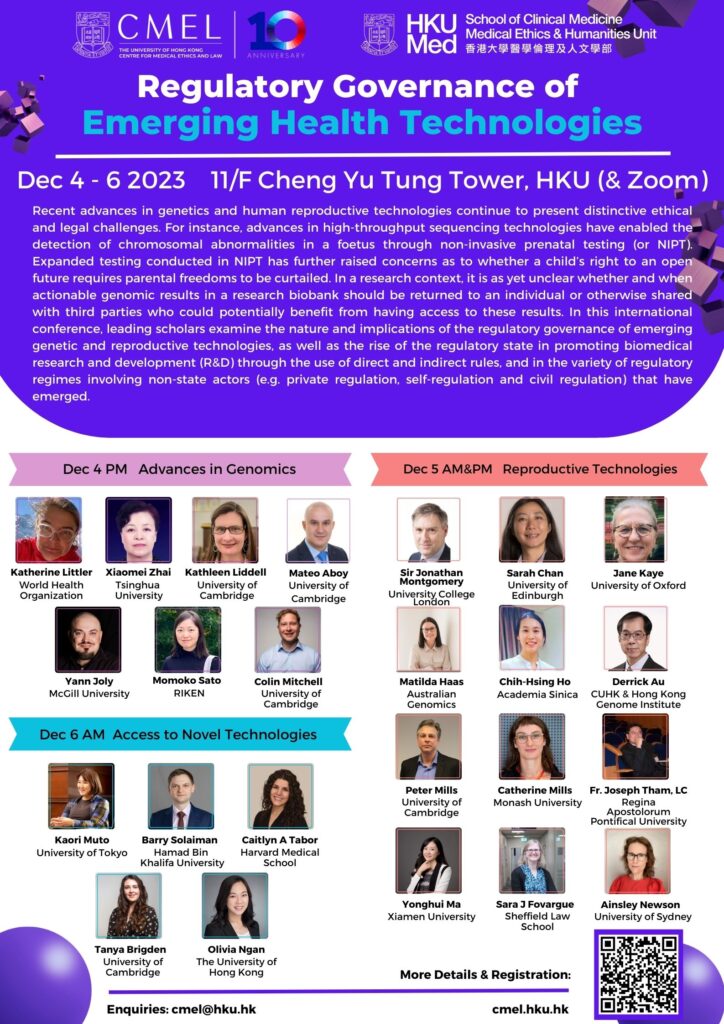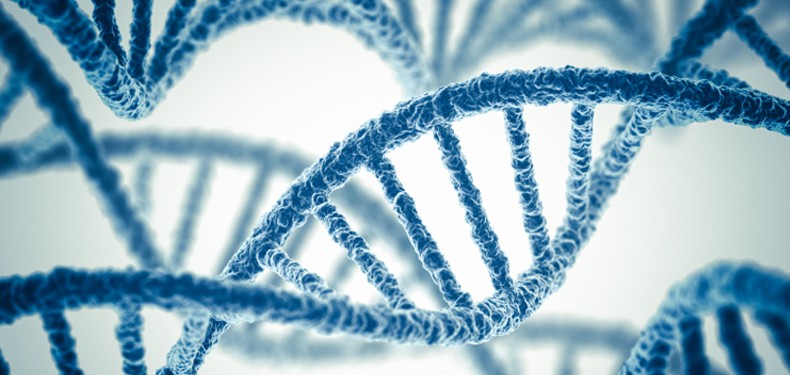On December 5th, Prof. Fr. Joseph Tham, LC, Full Professor in Bioethics and Research Scholar of the UNESCO Chair in Bioethics and Human Rights, will present during the three-day conference “Regulatory Governance of Emerging Health Technologies” in the “Reproductive Technologies” session. The conference is organized by Centre for Medical Ethics and Law, The University of Hong Kong.
Abstract
Personalist (Dignitarian) approach to the governance of reprogen medicine.
This paper will first analyze the different notions of personhood and dignity in contemporary debates in philosophy and bioethics. These questions touch on the foundation of identity and selfhood from the viewpoints of essence, nature and metaphysics, and in contrast with those of changing human experience and existence. These two positions, or “Sources of the self” according to Charles Taylor, have great significance on the human reproductive act. The essentialist position conceives dignity as derived from the natural sex act, where love and life are intrinsically bound while rejecting physicalism. The latter existentialist position does not preclude the making of life through technology, where sexuality and gender can take on various expressions. Most traditional religions espouse the essential view of self and generation in contrast with the secular tendency towards existential or ¨liquid¨ understanding of self and reproduction. Regarding the governance of reprogen technologies, the use of embryos is politically linked to the debate on abortion, as we see in the US Hyde amendment. In terms of governance, the unsettled questions are therefore: a) embryo status, human dignity and vulnerability at the beginning of life; b) safety of reporgen technologies at the individual level and potential impact on society and future generations; c) fairness in terms of racial, geographical and economical difference affecting the access of such technologies especially in view of the distribution problem of the COVID vaccine; d) transhumanism and its endpoint in view of perfectionism and ablism; and finally e) the place of religions and traditions in a globalized bioethics. Simply put, the dignitarian approach asks: “What does it mean to be human?” and “What does it mean to love?”
Further information: https://cmel.hku.hk/events/regulatory-governance-of-emerging-health-technologies/


